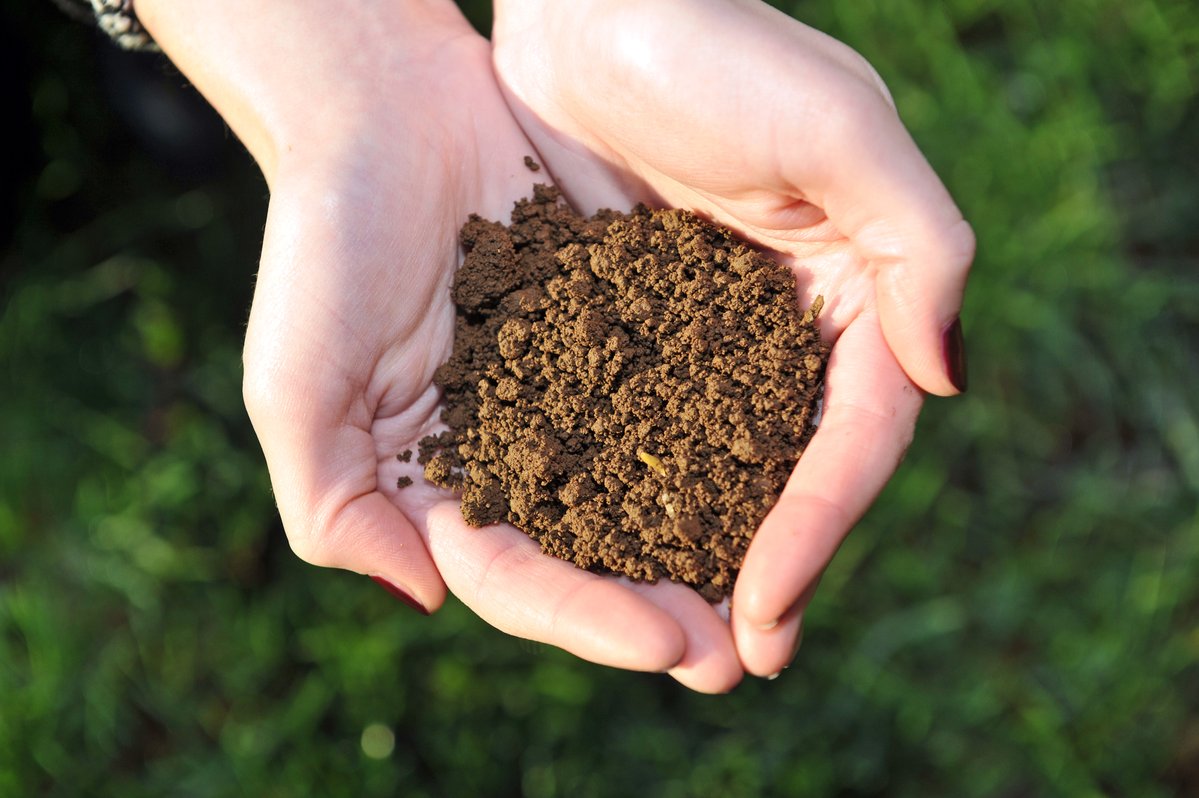Innovative Bacteria Combat Soil Contamination
Soil contamination poses challenge in agriculture, threatening crop health and yield. Toxic compounds hinder seed germination and plant growth. Traditional remediation methods, such as chemical treatments, often fail to provide lasting solutions. Researchers from the Indian Institute of Technology Bombay (IIT Bombay) have progressed in addressing this issue. They have isolated specific bacteria capable of breaking down harmful pollutants and enhancing soil health.
Identification of Beneficial Bacteria
The research team focused on bacteria from contaminated environments. They identified species from the genera Pseudomonas and Acinetobacter. These bacteria excel in degrading aromatic compounds found in polluted soils. By isolating these strains, researchers aimed to harness their natural cleaning abilities to restore soil quality.
Mechanism of Action
The identified bacteria consume pollutants, converting them into harmless compounds. This process not only cleans the soil but also releases essential nutrients. They transform insoluble phosphorus and potassium into soluble forms, making them accessible to plants. Additionally, these bacteria produce siderophores, aiding in iron absorption, crucial for plant growth.
Promotion of Plant Growth
These bacteria contribute to healthier plant development by producing indoleacetic acid (IAA), a growth hormone. This dual function of cleaning the soil while promoting plant health enhances crop resilience. The research indicates that a combination of Pseudomonas and Acinetobacter strains can increase crop yields by 45-50%. This synergy allows the bacteria to perform multiple roles effectively.
Natural Defence Against Fungal Diseases
Fungal diseases threaten global crops, causing losses. The research marks the bacteria’s ability to produce lytic enzymes and hydrogen cyanide (HCN), which inhibit pathogenic fungi. This natural defence mechanism provides an eco-friendly alternative to chemical pesticides. Unlike synthetic treatments, these beneficial bacteria target harmful fungi without damaging the environment.
Future Applications and Considerations
Although the findings show promise, researchers acknowledge the need for further development. Scaling up the technology and testing it in diverse environments is essential. The goal is to create bio-formulations that combine these bacteria with natural materials. Such products would be user-friendly for farmers, enhancing their application in agricultural practices.
- Pseudomonas and Acinetobacter are key bacterial genera.
- Indoleacetic acid (IAA) is crucial for plant growth.
- Fungal diseases affect 168 crops globally.
- Hydrogen cyanide (HCN) inhibits harmful fungi.
- Bio-formulations aim to simplify application for farmers.
Month: Current Affairs - January, 2025
Category: Agriculture Current Affairs







